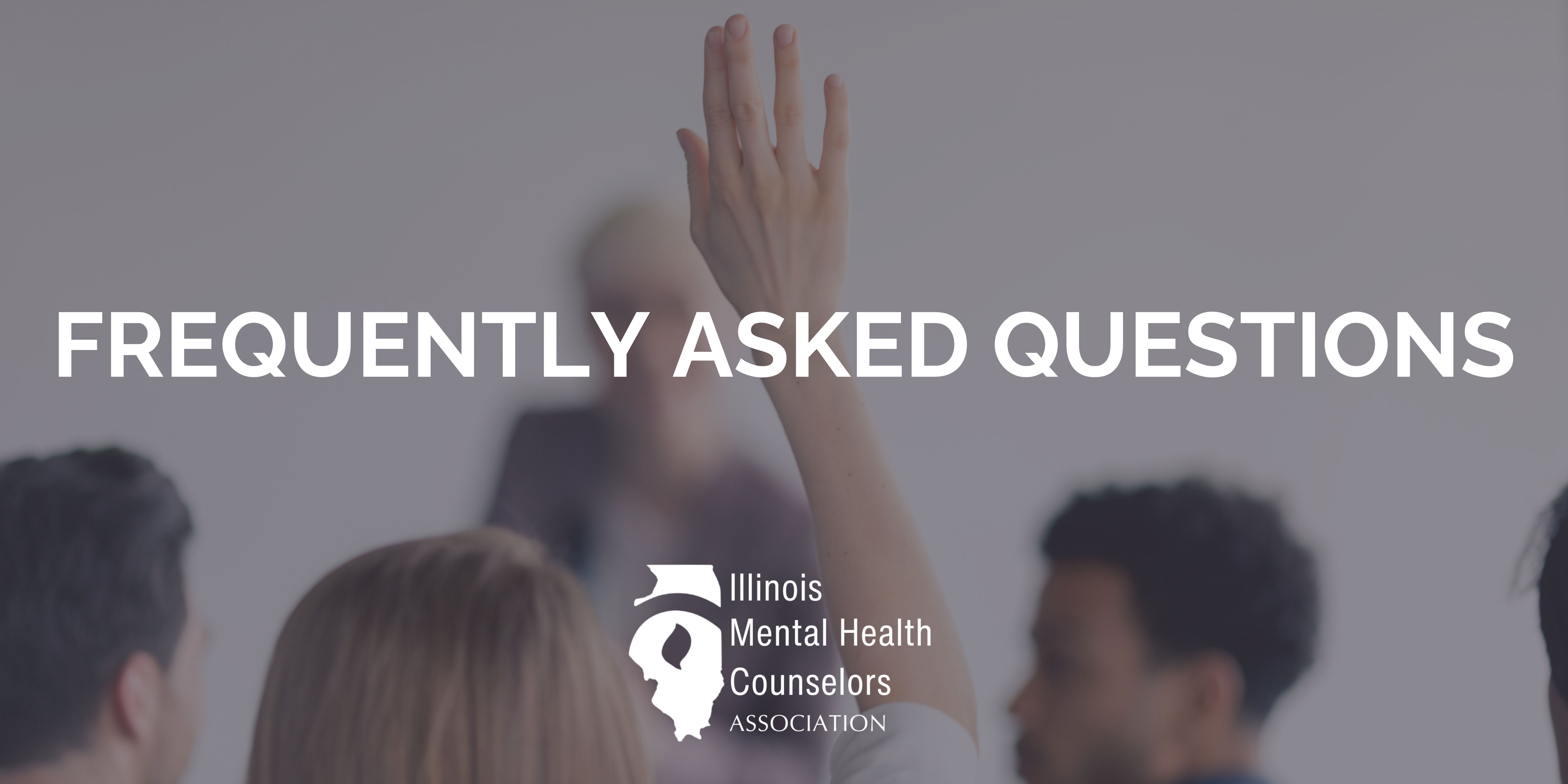I am a clinician licensed in another state and have a client visiting Illinois temporarily or for college, can I continue to see them via telehealth?
If you are a social worker licensed in another state and your client is temporarily visiting Illinois, you can continue to see them via telehealth under certain circumstances. According to the Illinois General Assembly, you must "have an established therapeutic relationship with the non-resident, authorized to perform such services under the laws of the state or country in which the person resides."
Additionally, you will be capped at the number of sessions you're able to provide, "not more than 5 sessions in one month or more than 15 sessions in any one calendar year."
Please note that this doesn't apply to counselors, ONLY social workers: Source
I am licensed in Illinois, and my client is in Illinois, but I will be out of state. Can I see them via telehealth?
Per the Illinois Department of Financial and Professional Regulation (IDFPR), if you are licensed in Illinois, you can continue to see your clients in Illinois if you are traveling out of state temporarily or permanently. It is important that you contact the licensing board in the state where you are traveling or moving to make sure there are no restrictions against this.
I submitted my application for licensure to the IDFPR 8+ weeks ago and I haven't heard back. Do you have any suggestions to speed up the process?
We understand the wait times for hearing back from the IDFPR can be frustrating. We are actively advocating for quicker turnaround times for licensure application processing. These efforts have helped in passing legislation to have a new professional licensing system purchased and implemented by the IDFPR: IDFPR PRESS RELEASE
Can I submit my application online?
YES! In August 2024, IDFPR added the LPC/LCPC application to those that can be filed out and submitted through their online portal. You will need to have a profile set up on their website. Upon logging in, you should see options to start or continue an application.
What are the benefits of membership with IMHCA?
We're so glad you asked! Check out our benefits page.
How long do I have to keep my clients' records/notes?
Per Title 68, Section 1375.225 of the Illinois General Assembly, Illinois licensed counselors must maintain records for seven years. In the case of clients who are minors, records must be kept for seven years past the client's 18th birthday.
What CEs and trainings are required to renew my license?
Please view our CE Page.
I'm an Illinois-licensed Social Worker, LMFT, or Clinical Psychologist, do you CE offerings work for me?
Yes, IMHCA is licensed through the IDFPR to provide CE credit for all of our courses for Illinois licensed Counselors, Social Workers, LMFTs, and Clincial Psychologists. IMHCA is also an NBCC approved CE provider.
Is there reciprocity between Illinois and other states?
At this time, there is no reciprocity between states. Many states have passed legislation to join the ACA Counseling Compact but the compact itself is not yet in effect. Counselingcompact.org provides comprehensive information and updates on the compact both nationally and on a state-to-state basis. Your membership dues contribute directly to IMHCA's advocacy efforts towards joining the Counseling Compact and other issues impacting Illinois Counselors and their clients.
How many post-grad clinical supervision hours are required to become an LCPC in Illinois?
3360 total, 1680 qualifies as one year of supervision. 50% of total hours must be direct client services (can be obtained via telehealth, but MUST be asynchronous in format). The hours cannot be obtained in fewer than two years, but there is no outer limit on the time you may take to earn them
Do I have to be licensed as an LPC to practice counseling or can I practice after I graduate?
You cannot practice until you are licensed. The exception is work that is performed in a non-profit clinical setting, where a license is not required by law and you may practice as a masters level clinician. You can practice in a non-profit setting as long as you don't advertise to the public that you are a licensed mental health counselor. In order to practice in any other setting and obtain clinical supervision hours, you will need to hold a license.
Source (Section 15, E)

